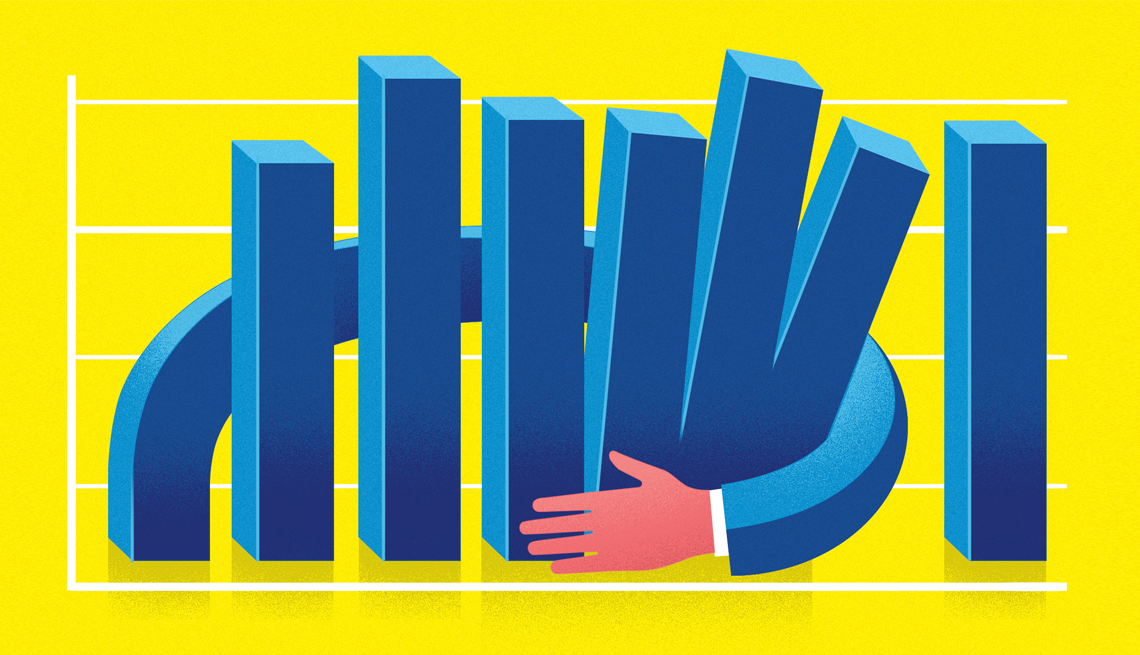AARP Hearing Center


Consumers should have control over their personal financial data and be free to choose a new bank or other financial service without restrictions.
AARP applauds a recent move by the Consumer Financial Protection Bureau (CFPB) to finalize a rule on October 22 that gives consumers the right to transfer their financial data to another provider for free. That means people can shop around more easily for better interest rates on bank accounts, loans, payment apps and other financial products, CFPB explained in a notice of the final rule.
AARP submitted comments in support of the rule, which also establishes strong privacy protections, including a requirement that personal financial information can only be used for purposes requested by the consumer. Third parties will not be allowed to secretly collect or use personal financial data for their own purposes, such as targeted advertising.
Protecting the privacy of consumers—and making it easier for them to find the best deals for their financial needs—is essential, David Certner, AARP legislative counsel and legislative policy director, told the CPFB in advocating for the new rule.
"AARP believes consumers should be in control of their personal financial data. Transactional bank account data are among an individual’s most sensitive personal information,” Certner wrote in public comments. “Analyzing, sharing, and/or selling the data to third parties can put consumer privacy at risk, particularly when it is done without opt-in consent from the consumer."
Learn How AARP is Fighting for You
AARP is your fierce defender on the issues that matter to people 50-plus. Read more about how we’re fighting for you every day in Congress and across the country.
The rule (which will be phased in between April 1, 2026 and April 1, 2030, depending on the size of the financial company) applies to all consumers, but has particular significance for people 50-plus. Older Americans are major drivers of the world economy; a 2022 AARP study found that while people 50 and older comprise 24 percent of the world population, they accounted for 34 percent of the global Gross Domestic Product.
Protecting consumers from fraud
The CPFB rule requires financial institutions, credit card issuers and other providers of financial services to unlock a consumer's personal financial data (such as transaction information, account balances and information needed to transfer payments) and, when requested, move it to another provider at no cost. That makes it easier and cheaper for consumers to switch banks, lenders or credit card companies and encourages competition among financial services providers.
The ease of transferring financial information also helps consumers who use "pay by bank"—a process that allows payments to vendors directly from a consumer’s bank account. That market has long been uncompetitive, the CFPB said, and the new rule will help encourage competition.
“Too many Americans are stuck in financial products with lousy rates and service,” CFPB Director Rohit Chopra said in a statement when the rule was finalized. “Today’s action will give people more power to get better rates and service on bank accounts, credit cards, and more.”



































































More From AARP
AARP Social Impact Work Nominated for 14 Anthem Awards
Here’s a roundup of the 13 projects that earned finalist nominationsWill Hurricanes Helene and Milton Affect Voting?
Election officials are working to overcome challenges in storm-ravaged statesAirline Fined $50 Million for Disability Rights Breaches; AARP Backs Improvements
U.S. Department of Transportation cracks down on failures to protect wheelchair usersRecommended for You